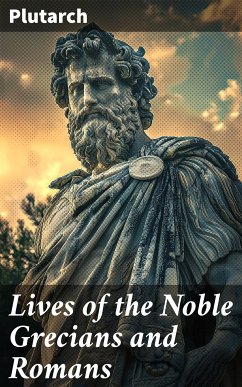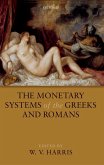In "Lives of the Noble Grecians and Romans," Plutarch presents a series of parallel biographies that illuminate the lives of prominent figures from both ancient Greece and Rome. Blending historical fact with philosophical insight, Plutarch employs a narrative style rich in anecdotal details and moral observation, making the work not only informative but also engaging. Each life is crafted with an emphasis on character, virtue, and the moral lessons drawn from the actions of these notable individuals, placing the text firmly within the context of Hellenistic and Roman literary traditions, which sought to explore and elevate ethical virtues through biography. Plutarch, a Greek biographer and philosopher who lived during the early Roman Empire, drew upon his extensive knowledge of history, rhetoric, and ethics in crafting this seminal work. His background as a priest and his deep engagement with both Greek and Roman cultures made him uniquely positioned to reflect on the virtues and vices of the figures he portrayed. With a deliberate intent to instruct and inspire, Plutarch's humanistic approach resonates through the ages, advocating for moral reflection amidst the complexities of human character. "Lives of the Noble Grecians and Romans" is essential reading for anyone interested in the interplay of history, ethics, and biography. It invites readers to ponder the successes and failures of its subjects while offering timeless lessons on leadership, morality, and the human condition. This work enriches our understanding of classical antiquity and remains a vital resource for students, historians, and general readers alike.
Dieser Download kann aus rechtlichen Gründen nur mit Rechnungsadresse in A, B, BG, CY, CZ, D, DK, EW, E, FIN, F, GR, H, IRL, I, LT, L, LR, M, NL, PL, P, R, S, SLO, SK ausgeliefert werden.









